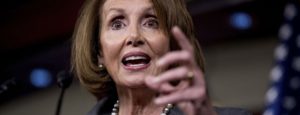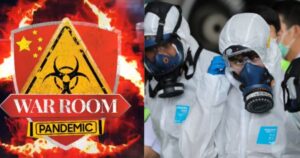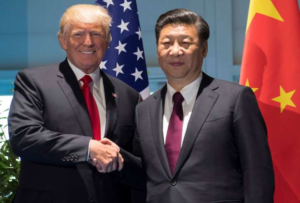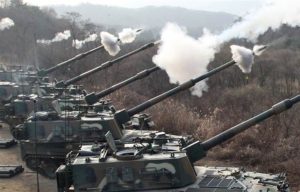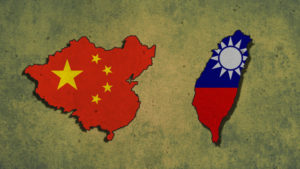Nancy Pelosi generally has my support in her role as speaker of the House of Representatives and the person who is third in line to the presidency.
However, the California Democrat has stepped in some serious diplomatic dookey by visiting Taiwan during her multi-stop tour of Asia.
Why did the speaker choose to rile the People’s Republic of China by becoming the first speaker to visit Taiwan in a quarter-century? To what end? For what purpose?
Pelosi knows about the “one-China policy” this country has followed since it bestowed diplomatic relations on the PRC back in the late 1970s. When it did that, the United States cut off Taiwan, which prior to that period had been recognized as “China” by this country.
The PRC calls Taiwan a “renegade province” that it intends to return to the fold … one way or another.
I have been to Taiwan five times dating back to 1989. I am going to tell you that it is a vibrant, robust, militarily stout nation. However, it occupies arguably the most complicated diplomatic place on Earth. It has little diplomatic link with the rest of the world, which also operates under the one-China policy.
So, for Speaker Pelosi to in effect bestow some sort of blessing on Taiwan and anger the PRC in the process doesn’t make much sense.
The White House opposed her stopping in Taiwan. However, in our government system, the White House can object all it wants; there’s nothing it can do to stop the leader of a co-equal government branch from visiting the nation if she desires.
From where I sit, Pelosi could have accomplished what she intended to do — which was to affirm our nation’s economic and military support — over the telephone in a private conversation.
Instead, she chose to make a spectacle of herself and likely angered the president of the United States.
